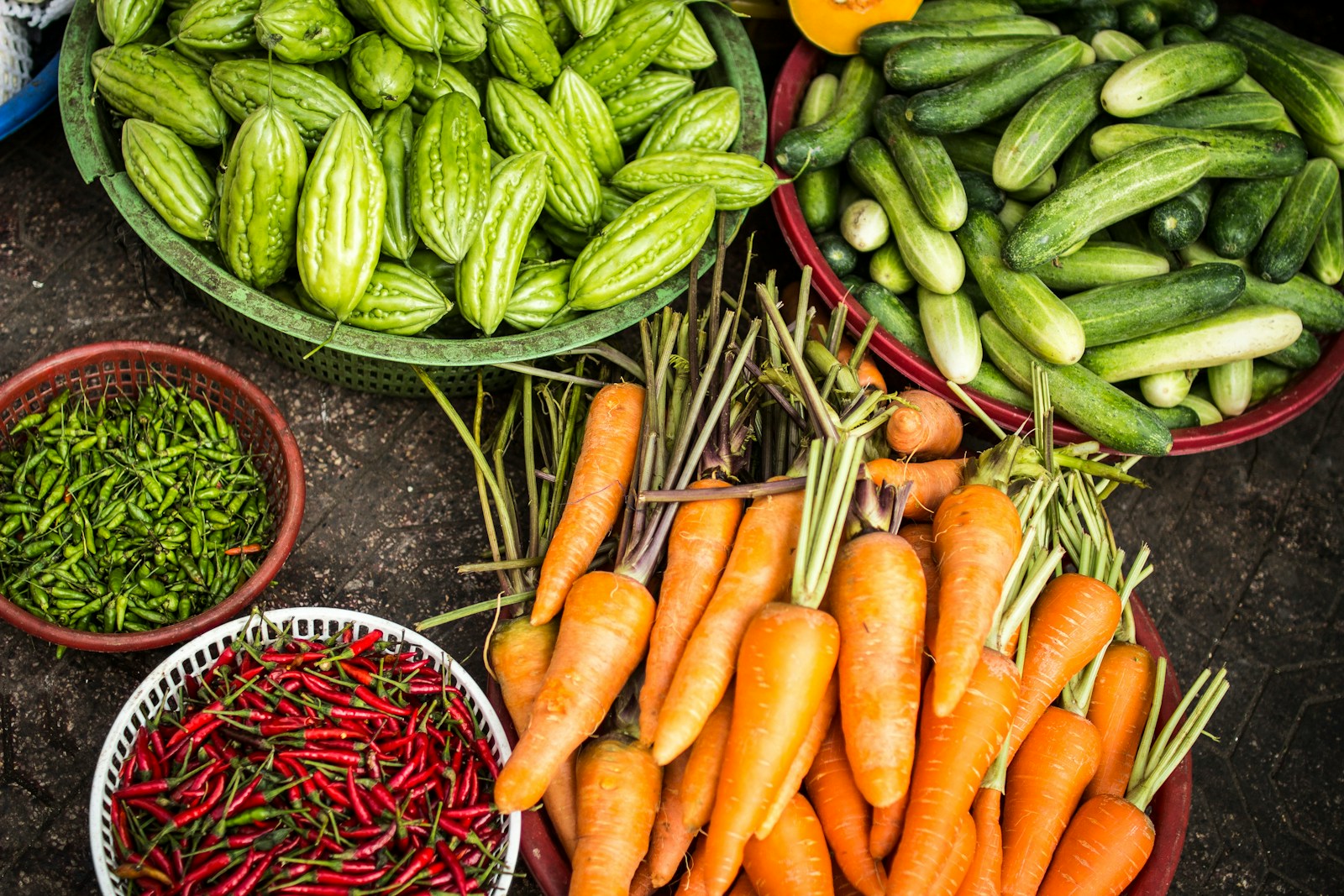In recent years, food safety has emerged as a critical concern for consumers, regulators, and businesses alike. The tragic story of a family falling ill after consuming contaminated food serves as a stark reminder of the potential consequences of negligence in food production. This incident not only highlights the importance of stringent safety measures but also underscores the vital role that food production enterprises play in safeguarding public health. As we delve into the responsibilities of these enterprises, it becomes clear that their role extends far beyond mere production; they are custodians of food safety and public trust.
Understanding Food Safety ResponsibilitiesFood production enterprises are fundamentally responsible for ensuring that their products are safe for consumption. This responsibility is enshrined in various regulations and standards that govern the food industry. The Food Safety Law mandates that all food producers establish robust safety management systems, implement risk control measures, and maintain transparency throughout their operations. These regulations require enterprises to appoint dedicated food safety officers who oversee compliance with safety protocols and manage risks effectively.
Key Responsibilities
- Establishing Safety Management Systems: Enterprises must develop comprehensive food safety management systems that include regular self-inspections and audits to identify potential hazards
- Risk Assessment and Control: They are required to assess risks associated with their products continuously and implement measures to mitigate identified risks.
- Training and Education: Food production companies must educate their employees about food safety practices, ensuring that everyone involved in the production process understands their role in maintaining safety standards.
- Traceability and Recall Procedures: In the event of a food safety incident, companies must have effective traceability systems in place to track products through the supply chain and execute recall procedures swiftly.
- Collaboration with Regulatory Bodies: Food producers are obligated to cooperate with government agencies during inspections and audits, providing necessary documentation and access to facilities.
The Two Responsibilities FrameworkThe concept of “two responsibilities” is central to understanding the accountability of food production enterprises. This framework emphasizes both the enterprise’s primary responsibility for food safety and the government’s supervisory role in enforcing compliance.
Enterprise’s Primary ResponsibilityFood production companies are considered the first line of defense against foodborne illnesses. They must ensure that all aspects of their operations—from sourcing raw materials to processing, packaging, and distribution—adhere to established safety standards. This includes:
- Implementing quality control measures at every stage of production.
- Conducting regular training sessions for staff on hygiene practices.
- Establishing clear protocols for handling complaints or reports of food safety issues.
Government’s Supervisory RoleWhile enterprises bear primary responsibility, government agencies play a crucial role in oversight. They establish regulatory frameworks, conduct inspections, and enforce compliance through penalties for non-adherence. This collaborative approach aims to create a safer food environment by holding both parties accountable for their roles in the food supply chain.
Challenges Faced by Food Production EnterprisesDespite the clear guidelines and frameworks, food production enterprises face numerous challenges in ensuring food safety:
- Complex Supply Chains: Globalization has led to increasingly complex supply chains, making it difficult for companies to monitor every aspect of their sourcing and production processes.
- Emerging Risks: New pathogens and contaminants continually emerge, requiring companies to adapt quickly and update their safety protocols.
- Consumer Expectations: With rising awareness about health issues related to food safety, consumers expect higher transparency from producers regarding sourcing practices and ingredient quality.
- Regulatory Compliance: Navigating the myriad regulations can be daunting for smaller enterprises lacking resources or expertise in compliance management.

Conclusion:
The responsibility of food production enterprises in ensuring food safety is multifaceted and critical to public health. By establishing robust safety management systems, conducting thorough risk assessments, training employees, maintaining traceability, and collaborating with regulatory bodies, these enterprises can significantly mitigate risks associated with foodborne illnesses. As consumers become more aware of these issues, it is imperative for companies to not only comply with regulations but also foster a culture of safety that prioritizes public trust above all else.The journey towards ensuring food safety is ongoing, requiring vigilance from both producers and regulators alike. Through collective efforts, we can work towards a future where every meal is not only delicious but also safe for consumption.




